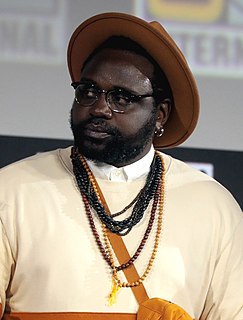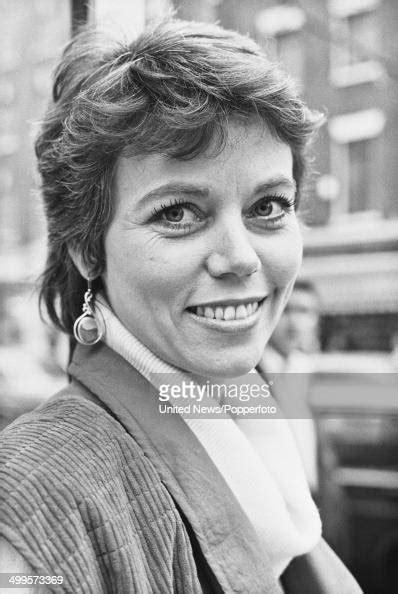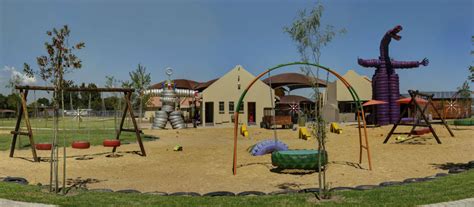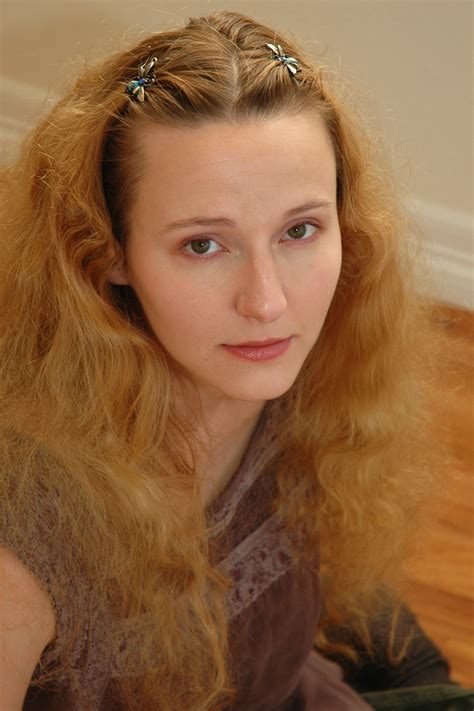A Quote by Shraddha Kapoor
My father has acted in over 700 films. My mother acted in one film, 'Kismat with Mithun Chakraborty,' in which my father also had a role. My father fell in love with her and would drive her around in his sports car, and they subsequently got married. My mom is the most beautiful woman and I think she has taken some serum to look young all her life.
Related Quotes
Her [Eleanor Roosevelt] father was the love of her life. Her father always made her feel wanted, made her feel loved, where her mother made her feel, you know, unloved, judged harshly, never up to par. And she was her father's favorite, and her mother's unfavorite. So her father was the man that she went to for comfort in her imaginings.
My father was retired military, and my mother was an educator. She was incredibly creative. I used to love going to her school during the summer and helping her decorate her classroom. I would draw Mickey Mouse, Donald Duck. She was a sixth grade teacher. She and my father are the ones that got me into my love of music.
My mother was a writer. She acted in one film before she decided that Bollywood wasn't good enough for her. My two sisters and I probably learned from her how to get under other people's skin. In contrast, my father was a simple man despite his success at business. He was a people person, and I think that's what led him to join politics.
I mean, her father was an alcoholic, and her mother was the suffering wife of a man who she could never predict what he would do, where he would be, who he would be. And it's sort of interesting because Eleanor Roosevelt never writes about her mother's agony. She only writes about her father's agony. But her whole life is dedicated to making it better for people in the kind of need and pain and anguish that her mother was in.
Hats change everything. September knew this with all her being, deep in the place where she knew her own name, and that her mother would still love her even though she hadn’t waved goodbye. For one day her father had put on a hat with golden things on it and suddenly he hadn’t been her father anymore, he had been a soldier, and he had left. Hats have power. Hats can change you into someone else.
Then, there's the modern mother-in-law. In her mid 40s, she is the compact car of her breed: efficient, trim, attractive and in harmony with her times. She's pretty stiff competition for the plain young matron who's overweight and under-financed. If there is going to be friction in this relationship, it could start from envy and resentment in the younger woman. But Father Time is on her side, even if Mother Nature played her a dirty trick
Put yourself in Hamlet's shoes. Suppose you were a prince, and you came back from college to discover that your uncle had murdered your father and married your mother, and you fell in love with a beautiful girl and mistakenly murdered her father, and then she went crazy and drowned herself. What would you do? Go back for a masters?
My house is full of paintings by my mother Pam. She was a fantastic, prolific artist but had no confidence in herself, thanks to my father running her down. They married during the war when she was 19 - she had planned to go to art school. But my father didn't want her to work, so she became a housewife.
When my daughter went to school, her last name was mine. The school insisted that her father's name be added to hers, not her mother's. The fact that the mother kept her in her womb for nine months is forgotten. Women don't have an identity. She has her father's name today and will have her husband's tomorrow.
I think FDR was very dashing and charming and debonair, and probably reminded her of her father. A great bon-vivant. He loved to party. He loved to sing. He loved to have fun. And he wrote beautiful letters, just as her father did, which - alas and alack - Eleanor Roosevelt destroyed. But she refers to his beautiful letters. And she was charmed by him.
Father, One day, a woman walked into my life. I hurt her deeply with the harshest words possible. I pushed her away as much as I could. But, she still came back to me. She is so much like me; I look at myself often when I look at her. She has the physical wounds that I have. The tears that fill my brain are flowing through her heart as well. I gave her those wounds. I made her cry. I should not have met her. I should not have allowed her to come into the life of a guy like me. Father, I'm regretting it. This is the first time... that I have ever regretted anything in my life.
At night, the house thick with sleep, she would peer out her bedroom window at the trees and sky and feel the presence of a mystery. Some possibility that included her--separate from her present life and without its limitations. A secret. Riding in the car with her father, she would look out at other cars full of people she'd never seen, any one of whom she might someday meet and love, and would feel the world holding her making its secret plans.
Her father had taught her about hands. About a dog's paws. Whenever her father was alone with a dog in a house he would lean over and smell the skin at the base of its paw. This, he would say, as if coming away from a brandy snifter, is the greatest smell in the world! A bouquet! Great rumours of travel! She would pretend disgust, but the dog's paw was a wonder: the smell of it never suggested dirt. It's a cathedral! her father had said, so-and-so's garden, that field of grasses, a walk through cyclamen--a concentration of hints of all the paths the animal had taken during the day.
The adolescent does not develop her identity and individuality by moving outside her family. She is not triggered by some magic unconscious dynamic whereby she rejects her family in favour of her peers or of a larger society.... She continues to develop in relation to her parents. Her mother continues to have more influence over her than either her father or her friends.


































